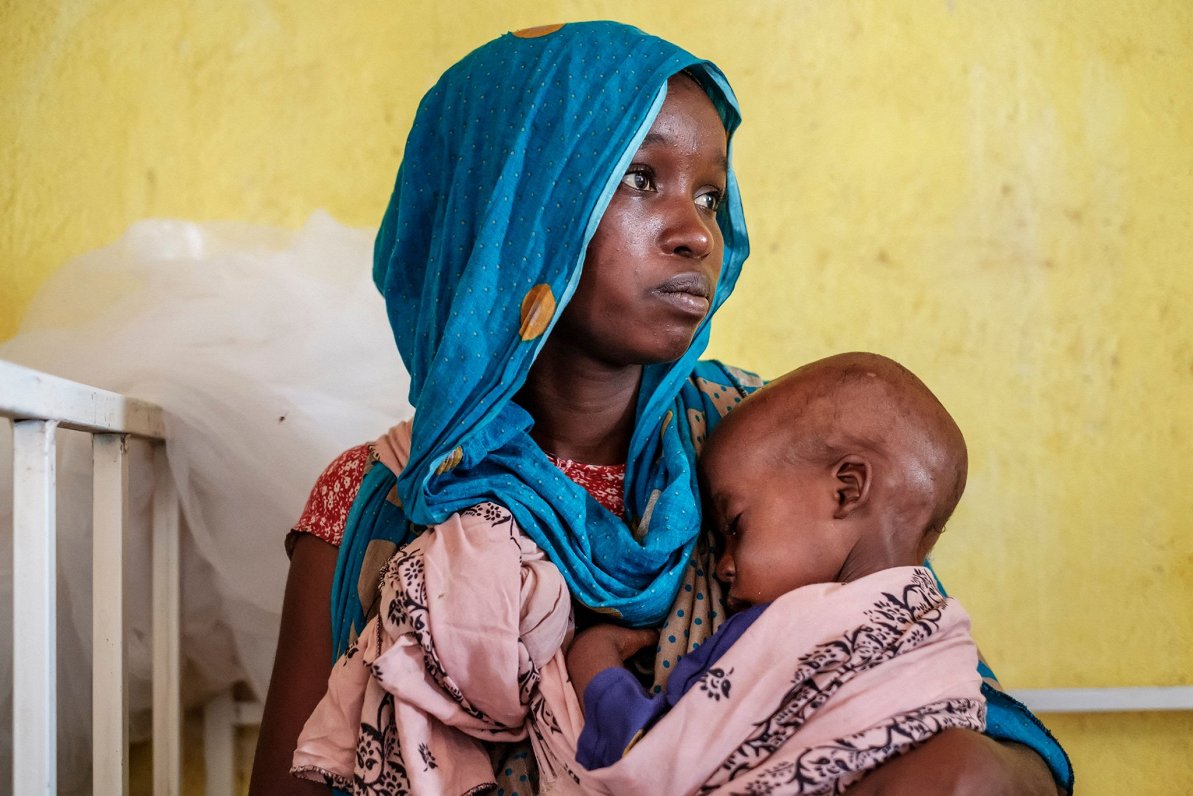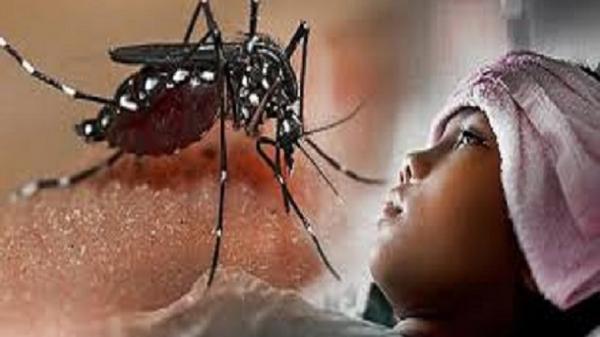International organizations warn that a prolonged war could severely jeopardize the grain harvest. On the other hand, rising food prices and supply instability increase the risk of political instability in many countries.
Fertile land remains uncultivated in many places
Italian Foreign Minister Luigi di Maio has warned that a “bread war” could break out. He points out that the food crisis could lead to new coups and wars in Africa, as well as an increase in terrorist organizations.
With Russia’s invasion of Ukraine continuing for more than a hundred days, at least 15.7 million Ukrainians are in need of humanitarian assistance. These include at least three million children in Ukraine itself and 2.2 million refugee families outside Ukraine. This is according to the latest data from the UN and UNICEF.
Due to the difficult situation, the representatives of the World Food Program have returned to Western Ukraine, which reminds of the gloomy reality – although Ukraine is known for its especially fertile land, people are starting to lack even bread due to the war.
“We have returned to the region of the world bread basket, where, unfortunately, people have to become recipients of humanitarian aid. Hungry people are now queuing for bread, even though it is a basket of bread for the world, ”says Matthew Golwingter, coordinator of the World Food Program.
Warfare could also affect next year’s harvest
In addition, the difficult situation in Ukraine is already resonating elsewhere and threatening to have long-term negative consequences for several years. The Food and Agriculture Organization of the United Nations warns about this. The pre-war food crisis in many parts of the world is threatened by a slowdown in cereal exports from Ukraine and Russia, a blockade of Russian agrochemicals due to sanctions, and rising energy prices, which are making production and transportation more expensive.
“If we do not get all the necessary fertilizers from the main importing countries in the next month or two, it will be a significant challenge for the next harvest. The problem in 2023 will be that if we do not have enough access to fertilizers, yields will fall, ”says Masimo Torero, chief economist at the UN Food Program.
“But if we add the fact that both Russia and Ukraine could significantly reduce exports if the conflict continues, 30 percent of cereals plus 63 percent of sunflower seeds could be threatened.”
A woman with a child in Ethiopia, where millions of people are already suffering from food shortages, but Russia’s war in Ukraine has further pushed up world food prices and increased the risk of hunger
Photo: AFP, EDUARDO SOTERAS
–
–
Food shortages can lead to political unrest
New coups and wars in Africa, the rise of terrorist organizations and new refugee flows to Europe. Italian Foreign Minister Luigi di Maio warns of such long-term consequences if the war in Ukraine continues for a long time, recalling the close historical link between rising food prices and political instability in many parts of the world.
Recent history reminds us that the Arab Spring political protests in the Middle East were triggered by the Tunisian vegetable trader’s self-immolation for failing to feed his family, but the coup d’état of Sudan, for example, was triggered by high bread prices three years ago.
At present, 16 African countries supply more than half of the wheat from Russia and Ukraine, including a number of the continent’s poorest countries, and dozens of others from Russia and Ukraine import at least a third.
Russia is trying to shift responsibility to Ukraine
Ukrainian politicians in recent weeks point out that the Kremlin is well aware of the situation and blames the Kremlin’s host for playing with the fate not only of Ukraine but also of many other countries.
Russia is playing “hunger games” in an attempt to blame Ukraine and others for blocking Ukraine’s food exports.
In fact, they say that the imminent famine in Africa and elsewhere is imminent because of Western sanctions against Russia, not because Russia itself has invaded Ukraine and is now blocking Ukrainian ports, ”said Yevhenia Filipenko, a spokeswoman for Ukraine.
Western leaders have called for an end to the blockade of the Odessa port, where 22 million tonnes of wheat have been stuck, but Russian Foreign Minister Sergei Lavrov has linked the decision to lifting the sanctions regime, which no Western leader is willing to agree to.
This suggests that, like the war in Ukraine itself, which has crossed the symbolic 100-day mark and appears to be stuck without a soon-to-be-seen military and diplomatic solution, so are the “famine games” launched by Russia.
CONTEXT:
In recent weeks, the international community has called on Russia to allow Ukrainian grain exports. Exports are currently not possible because the Russian navy is blocking Ukrainian Black Sea ports.
By the Russian army Blockade of Ukrainian ports prevents the export of wheat, maize and vegetable oils, thereby raising world food prices. This puts the people of the poorest countries at risk of starvation.
It is believed that the Kremlin wants to put pressure on the West, creating famine and new waves of migration from Africa.
Moscow claims that grain exports from Ukraine will resume if sanctions against Russia are lifted. Ukraine has accused Russia of blackmailing and urged the West not to lift sanctionswhile Russia continues the war.
–
Highlight text and press Ctrl+Enterto send the snippet to the editor!
Highlight text and press Report an error buttons to send the text to be edited!
–
–


